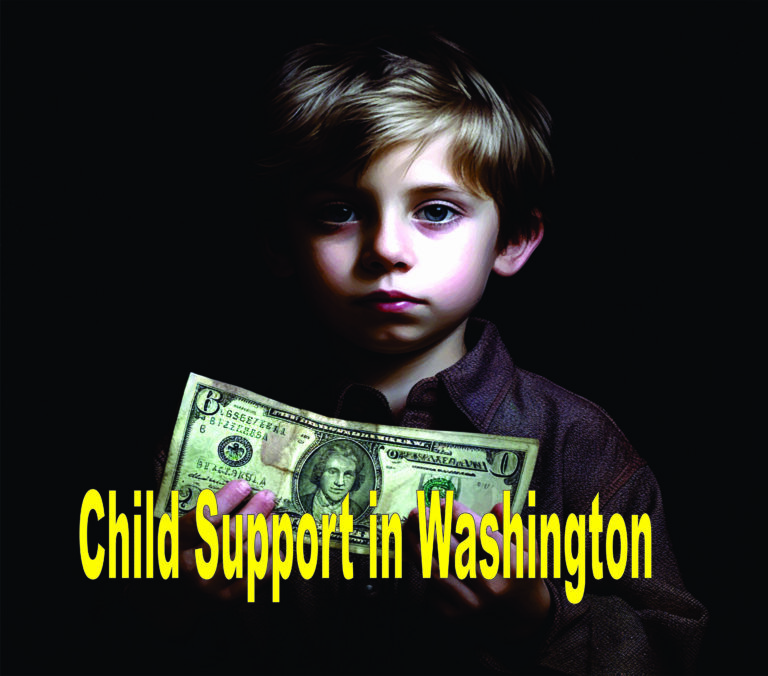Hawaii Child Support System

Last Updated on May 23, 2024 by Kathy
Separation of parents can have a major impact on a child’s life. One parent’s income may not be enough to provide for all the needs of the child. Child support laws in Hawaii help children avoid hardships that they might have had to face if their parents separated. In short, child support is a periodic payment of one parent to the other parent. This amount is usually paid monthly, as an obligation to their child/children’s upbringing.
However, notice that not every states in the US has child support laws. You can find the full list from “Which States in the US do not enforce child support?“.
The Process For Child Support After Divorce
Apply for the Hawaii Department of the Attorney General for child support and pay a $25 fee. However, those who receive Medicaid or TANF will no longer need to pay for the fee. The support payment for child support will start the day that you apply for the support request. A parent should file the application as soon as possible.
The custodial parent will need to submit a request with a photo ID, proof that they are residing in the same area, a birth certificate and current location information. This information is a requirement to assist the state in locating the noncustodial parents and serve them with a notice regarding child support.
A conduction of DNA test is possible if there is any dispute about the paternity. This test is based on swab samples from the alleged father and child to determine paternity up to 99 percent.
A judge presides over the case after the confirmation of the child’s paternity. He or she will determine a fair amount of each month as child support payment. To arrive at the amount, the judge takes into account several factors. The factors that determine the amount of this amount include the income of both parents, the child’s age, and the cost of healthcare insurance.
If conditions have significantly changed since the original order was issued, parents may apply to modify an existing child support order.
How Do You Receive Child Support in Hawaii
Hawaii offers two options for parents who receive child support. They have two options: direct deposit or US Bank ReliaCard. Direct deposit customers must register their bank accounts. They can then receive payments directly into their account (savings, checking).
The ReliaCard is an option for parents without a bank account, or who don’t wish to register with the state. To enable parents to receive child support entitlements, the ReliaCard is a prepaid debit card. You can use this card to purchase at retail outlets and withdraw cash. For additional details on the US Bank ReliaCard, visit this page.
The Maximum Amount That Your Family Can Receive
There is no maximum amount that a parent may pay in child support. There are guidelines to determine the final amount. The judge will consider the income of both parents and their dependents. They will also consider the needs of the child. He or she will also take into account the earning potential of each parent. This is especially important if one of them remains unemployed. All of these factors are carefully analyzed and considered before deciding on the amount to be paid. After the child support obligation has been agreed upon, the noncustodial parents must continue to make payments until the child reaches 18 years of age. If the child is enrolled at a full-time college or university, this amount can be extended to 23 years.
It is important that you note that there is no maximum child support amount. However, the minimum monthly payment is $70 per child. You can easily access a sample child support calculator, as well as details regarding the payment amount. The court order can specify a different amount depending on the discretion of the presiding Judge.
Enforcement of Child Support
The Child Support Enforcement Agency (CSEA), takes steps to ensure the child support payments are made if the noncustodial parent fails to pay their child support obligation. The majority of enforcement actions are initiated automatically and the custodial parent doesn’t need to file a complaint.
To enforce compliance, some of the options include withholding income from paychecks or intercepting tax refunds or winnings, reporting to credit agencies, denial of passport applications, suspending licenses, and putting liens on property. Visit the State of Hawaii website for further information on the child support enforcement actions in Hawaii.








